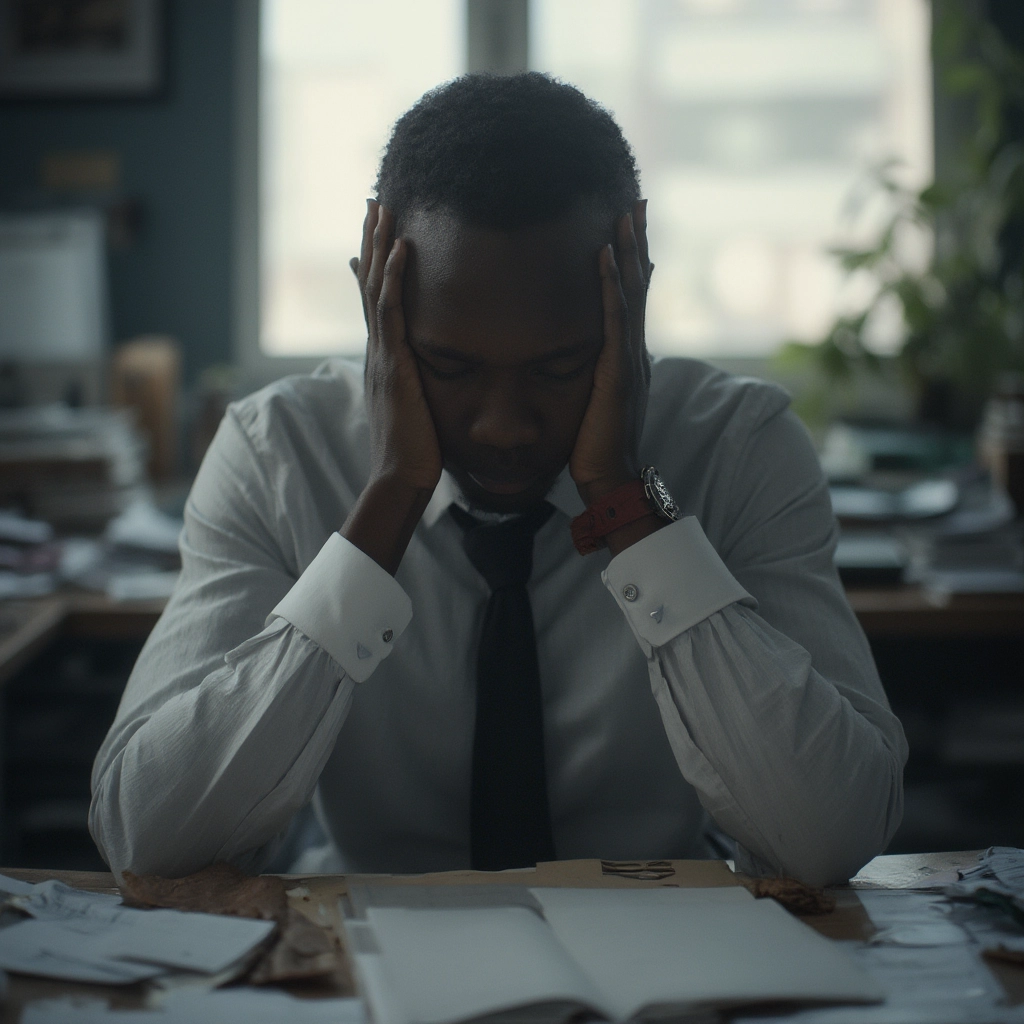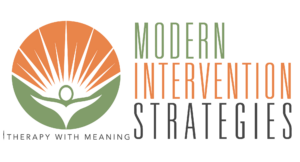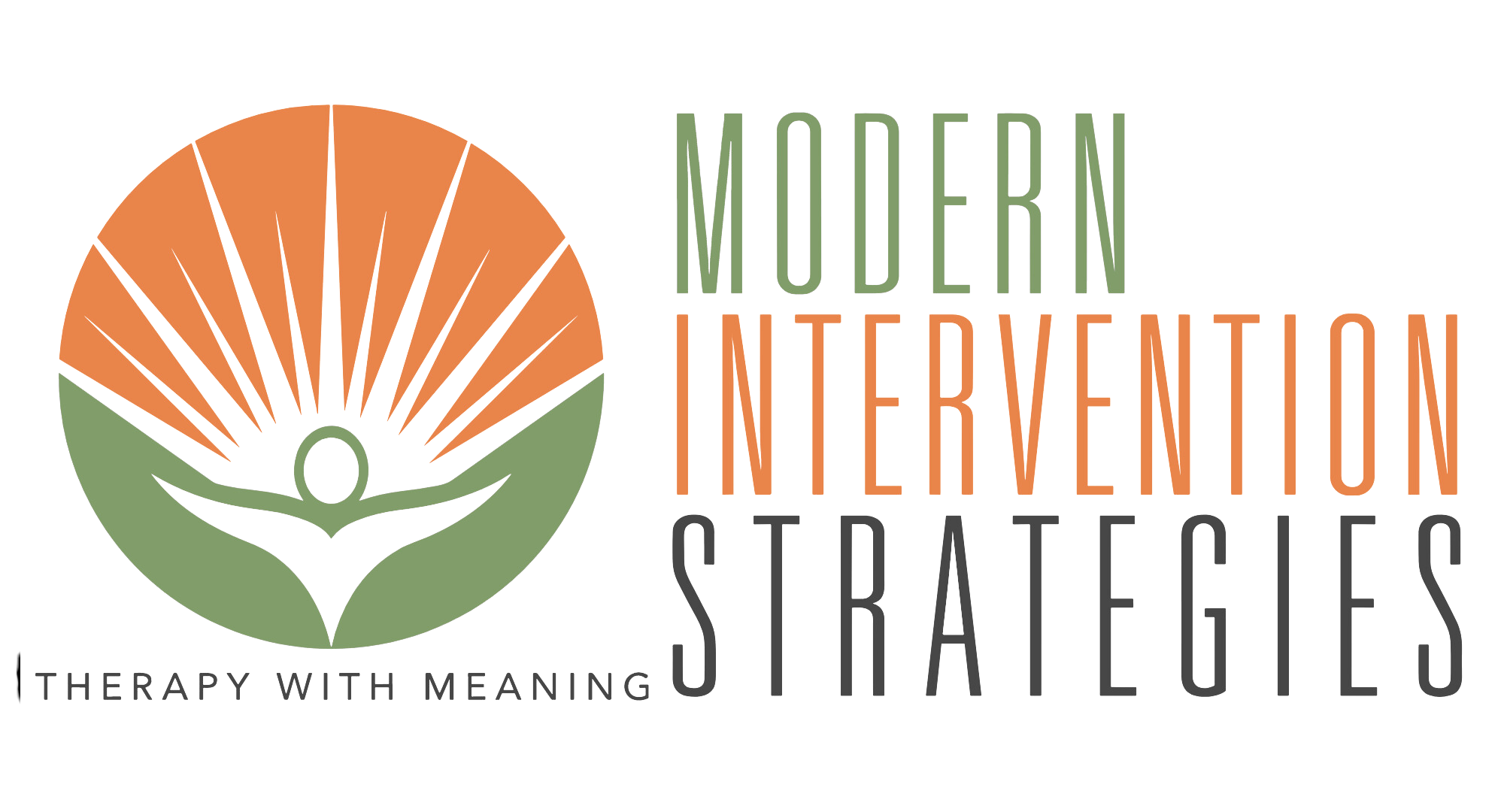Restore Your Energy, Reclaim Your Life – Therapy for Burnout and Depression
Depression Treatment for Professionals: Recognize the Signs.
We get it; being a high-achieving professional today is tough. There’s the constant pressure, the never-ending deadlines, and the fear that one wrong move could unravel everything you’ve built. Over time, that pressure isn’t just stress. It can quietly grow into something deeper: depression.
Signs It’s More Than “Just Stress”
Depression doesn’t always show up as obvious sadness. Sometimes, it hides behind your ambition and success, and it looks like this:
- Irritability – snapping at small things that never used to bother you.
- Brain fog – when simple tasks suddenly feel overwhelming.
- Loneliness – feeling isolated even when you’re surrounded by people.
- Exhaustion – a constant tiredness that sleep doesn’t fix.
These feelings aren’t proof that you’re broken or failing. They’re signals that something inside needs care and that you deserve real support and healing.


You're Not Alone, and You're Not Failing
It’s important to remember that many successful professionals struggle silently with the same pain. You are not alone in this; what you’re experiencing doesn’t mean you’ve failed. In fact, recognizing that you’re struggling is a sign of strength. It means you care about your well-being and are ready for change.
Reclaim Your Life and Thrive
You don’t have to keep suffering in silence or “just get through“ each day. At Modern Intervention Strategies, we specialize in helping high achievers overcome these hidden struggles. Our approach helps you reconnect with clarity, rediscover your sense of purpose, and reclaim a self that isn’t buried under pressure.
Recognizing the signs of depression is the first step. The next step is reclaiming your life with the right support. You weren’t meant to just survive your success but to thrive. It’s time to take care of yourself and find relief. You deserve to feel like you again, and we’re here to help you get there.
Behind the High Achiever’s Smile: Finding Hope for Hidden Depression
There’s often an unspoken rule in high-pressure careers: never show weakness. You smile, achieve, and push through the pain, but the heaviness inside quietly grows. Depression doesn’t care how successful you are. Even the strongest can suffer in silence.
Admitting you’re struggling isn’t weakness, it’s courage. You’ve carried this weight alone long enough. With caring support, that burden can finally start to lift. You’re not alone, and you don’t have to pretend anymore. Help and healing are here when you’re ready.

Our Expert Approach to Depression Therapy
You look put together on the outside but feel depleted and exhausted inside. We understand how hard it is to keep up that facade while battling hidden depression, burnout, and emotional exhaustion. Our expert approach to depression therapy offers deep empathy and proven strategies (like CBT and mindfulness) to help you find relief and real, lasting change.
Improve Your Mood & Emotional Resilience
We use evidence-based techniques like Cognitive Behavioral Therapy (CBT) to help you break free from negative thought cycles and lift your moodpmc.ncbi.nlm.nih.gov. With compassionate guidance, you’ll learn healthier ways to respond to stress to bounce back from challenges instead of feeling overwhelmed. Over time, you’ll build strong emotional resilience, inner strength, and confidence to handle whatever life throws at you.

Restore Your Energy & Focus
Depression and burnout can drain your energy and cloud your focus. In therapy, we help rekindle your motivation and clarity by addressing the root causes of your exhaustion. Through mindfulness practices (proven to reduce stress and improve depressive symptomsnews.harvard.edu) and personalized strategies, you’ll learn to set healthy boundaries and regain the vitality and concentration you need to perform at your best—without sacrificing your well-being.

Renew Your Sense of Well-Being
Our approach doesn’t just alleviate symptoms; it helps you rediscover a fulfilling, balanced life. You’ll reconnect with a sense of purpose and joy, supported by healthier habits and a more positive mindset. As your depression lifts, you’ll sleep better, feel more present in your relationships, and experience an overall boost in well-being that truly lasts.

Get real, lasting change.
You don’t have to settle for just coping with the day-to-day. If you’re ready for real change and lasting relief, contact us today to start your journey toward a brighter, more energized life.
Types of Depression and Their Symptoms
Depression isn’t one-size-fits-all. Professionals may experience different types, each with unique symptoms. Recognizing these can help you find the right treatment.
Major Depressive Disorder
Persistent sadness, loss of interest, fatigue. Common in high-stress jobs.
Persistent Depressive Disorder (Dysthymia)
Long-term low mood, irritability, lack of energy. Feels like “depressed my whole life.”
Bipolar Disorder (Manic Depression)
Extreme mood swings from high (mania) to low (depression).
Postpartum Depression
Affects new parents, causing severe mood swings, fatigue, and anxiety.
Seasonal Affective Disorder (SAD)
Depression linked to seasons, often worse in winter.
Atypical Depression
Symptoms like weight gain, excessive sleep, and sensitivity to rejection.
Psychotic Depression
Severe depression with hallucinations or delusions. Requires immediate medical attention.
Depression vs. Anxiety
Often confused but different. Depression leads to feeling low and hopeless; anxiety brings fear and worry. Both can occur together, complicating treatment.
How to Recognize Symptoms of Depression in Professionals:
- You’re Not Getting Things Done: Finding it harder to finish tasks that used to be easy? Missing deadlines or avoiding projects? That could be a sign.
- You Feel Wiped Out All the Time: No matter how much sleep you get, you wake up feeling exhausted. Sound familiar?
- Everything and Everyone Annoys You: Snapping at colleagues or feeling frustrated in meetings? It’s not just a “bad day” if it’s happening often.
- You Don’t Care About Your Work Anymore: That passion you had? Gone. You’re just going through the motions, feeling disconnected from what you do.
When and How to Seek Help for Depression
If you’re finding it hard to keep your head above water, it might be time to get some help. Depression doesn’t just go away on its own, and it’s okay to admit that things aren’t fine.
Know When to Reach Out
If every day feels like a struggle, or you’re having thoughts of giving up, it’s time to take that step.
Who Can Help you to handle depression?
- Start with a depression therapist or a mental health professional. They can guide you on what’s best for you, whether it’s talk therapy, medication, or both.
- Available Options: You’ve got choices like online support groups, therapy sessions, and even specialized depression treatment centers.
- How to Find the Right Support: Search for “depression therapy near me” or look for recommendations for mental health professionals who specialize in treating professionals.
It’s not about doing it all alone. Getting the right support can make all the difference.
Explore More on Depression: Treatment, Tips, and Guides
If you’re curious about managing depression without medications, or want to learn about the best natural therapies for depression, we’ve got you covered. Maybe you’re interested in exploring the strongest natural depression medications, or you’re looking for practical CBT techniques for depression, you’ll find those options laid out clearly.
For those dealing with depression and other conditions like anxiety, bipolar disorder, or chronic pain, understanding how to handle co-occurring disorders can be key. Discover ways to manage mixed anxiety and depressive disorder, or see how different approaches can address both depression and anxiety in professionals.
Don’t wait, find the right path for you. Explore our articles on various depression therapies, medications, and lifestyle adjustments to help you take control of your mental health. The right information can make all the difference. Dive in and see what resonates with you!





